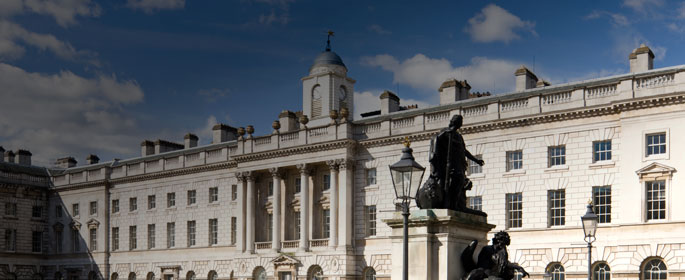By Gavin Mackintosh-
King’s College London has launched a £2 million study into the impact of the arts on physical and mental health.
The extra ordinary study will include the trialling of existing arts-based interventions among larger groups of people in NHS hospitals and health centres. In 2017/18, King’s had a total income of £841.1 million, £194.4 million coming from research grants and contracts.
DANCE CLASSES
The outstanding University said the project would include dance classes for people with Parkinson’s, singing lessons for postnatal depression and movement and music sessions for stroke patients. Known for its academic excellence and outstanding research, Kings College is on a mission to make its mark.
A professor from the University who sits on our thinktank panel but is not authorised to speak on record, told The Eye Of Media.Com: ”this is a project of epic proportions which will have monumental benefits on how mental health is treated and dealt with”
MULTI FACETED
The project will be multi faceted in nature. English National Ballet’s Dance for Parkinson’s scheme will be upscaled and tested at King’s College Hospital. Its Breathe Arts Health Research’s Melodies for Mums programme, which brings together mothers and babies for singing sessions, will be expanded.
The third project that will be developed as part of the study is Stroke Odysseys by Rosetta Life and King’s College London, which provides music sessions for stroke patients and will be tested at scale for the first time.
WORLD’S LARGEST STUDY
King’s College London are hailing the research as the world’s largest study into the impact of the arts on physical and mental health.e
Kings College is part of the ‘golden triangle’ of research-intensive English universities alongside the University of Oxford, University of Cambridge, University College London. It has the fifth largest endowment of any University in the Uk.
The study, called Scaling-up Health-Arts Programmes: Implementation and Effectiveness Research, will be led by academics Carmine Pariante from King’s College London and Daisy Fancourt from University College London.
It is supported with £2 million from the Wellcome Trust. Philomena Gibbons, deputy director for culture and society at the Wellcome Trust, said:
“There are many examples which show the impact of embedding arts interventions in mainstream clinical care.
“But if we are to build up a good evidence base, and develop effective implementation and evaluation models, we need to enable researchers, cultural organisations and clinical care providers to explore this area on a bigger scale.”




